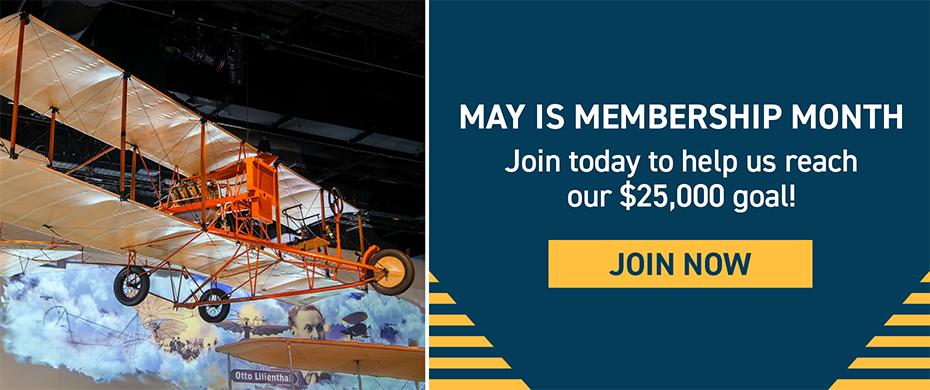Kalpana Chawla, PhD, was an engineer, pilot, and astronaut who spent more than 30 days in space over two Space Shuttle missions.
Chawla was born in Karnal, India, and was fascinated by flight since her childhood. She earned a bachelor’s degree in aeronautical engineering from Panjab Engineering College, a master’s degree in aerospace engineering from the University of Texas-Arlington, and a PhD in aerospace engineering from the University of Colorado-Boulder. Chawla held numerous pilot licenses, including for airplanes, gliders, and seaplanes.
After completing her PhD in 1988, Chawla joined NASA’s Ames Research Center, where she specialized in the fluid dynamics of aircraft. She later continued aerodynamics research in the private sector. In 1991 Chawla became a United States citizen. NASA selected Chawla as an astronaut in late 1994 and she began astronaut training in 1995.
In addition to preparing for spaceflight, astronauts are also tasked with ground-based technical projects. Chawla worked on the development of the Robotic Situational Awareness Display, a tool to help astronauts operate robotic arms. She also tested space shuttle control software.
Mission specialist Kalpana Chawla on board Space Shuttle Columbia during STS-107. (Image courtesy of NASA)
Chawla flew on two Space Shuttle missions as a mission specialist. On November 19, 1997, she launched on board Space Shuttle Columbia as part of STS-87. Chawla specialized in operating the robotic arm, which she used to deploy the Spartan Satellite. During the 16-day mission, the crew conducted numerous experiments, with a focus on materials science. Chawla made history as the first Indian woman, and the first South Asian American woman, to fly in space. Indian Prime Minister Inder Kumal Gujral called Chawla in space to congratulate her on her journey and express pride in her representing India in space.
On January 16, 2003, Chawla launched on board Space Shuttle Columbia once more as part of STS-107. During this 16-day mission, the crew performed over 80 scientific experiments, with Chawla overseeing and conducting microgravity experiments on crystal growth, combustion and fire suppression, as well as prostate cancer. Chawla and the other six crewmembers–commander Rick D. Husband, pilot William C. McCool, mission specialists David M. Brown, Michael P. Anderson, and Laurel B. Clark, and payload specialist Ilan Ramon–were tragically killed when Space Shuttle Columbia broke apart during re-entry on February 1, 2003.
Chawla posthumously received the NASA Distinguished Service Medal and Congressional Space Medal of Honor in recognition of her career and sacrifice. A selection of her papers are housed in the Smithsonian’s National Air and Space Museum Archives.
We rely on the generous support of donors, sponsors, members, and other benefactors to share the history and impact of aviation and spaceflight, educate the public, and inspire future generations. With your help, we can continue to preserve and safeguard the world’s most comprehensive collection of artifacts representing the great achievements of flight and space exploration.


